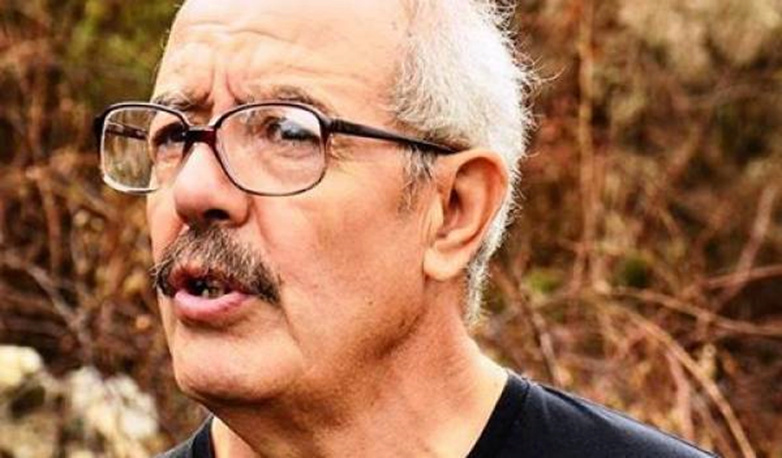“La Sous-France”, an intimate story by Rachid Oulebsir

The researcher and novelist Rachid Oulebsir published with Ressouvenances Editions "La Sous-France, memories of a schoolboy in Kabylia at war 1959-1962".
Constructed in running chapters, this first-person account is a precious testimony to the violence of the war of national liberation. As with each of his publications, Rachid Oulebsir offers us here a book with drawers, rich in lessons. There we of course find the war seen by the child that the author was, its violence sometimes muted and sometimes screaming, the experiences of the women, their courage in the face of the brutal adversity of the French soldiers but also and above all this concern for transmission of Kabyle traditions. This inextinguishable flame that inhabits the seeker. This is Rachid Oulebsir’s writing style. As with his novel "Les Derniers Kabyles", in this story, he strives to give the reader the most accurate snapshot of life in the past.
Using all the resources of the story, the writer acts like this guardian of the sacred fire who crosses time and countries to join his tribe and bring him his viaticum. But not only that, there is also this style, this dazzling prose, full of symbols. Read this passage when he learned that his dog Blouk died after a slogan from the FLN:

It suddenly got dark in my head. It was snowing flakes of fire on my heart! Dizziness made me confuse the stars and the heavy white storks, the false nocturnal sun moon began to cry, its thick tears iridescent the floating tops of the olive trees and the thorny rackets of the cacti! I didn't know if it was day or night! Blouk was going to die and it's up to us to kill him! The faithful dog knew nothing.
The author does not hide the excesses, even the inconsistencies of certain mujahideen. The story is meant to be realistic. Rachid Oulebsir recounts the sad misadventure of Dda Bouhou, a peasant tortured for smoking a cigarette.
My grandmother's childhood friend was unrecognizable. His face was ravaged. Damaged! The head half-shaven, the brow bone open with dried blood on the temples. His mustache, a symbol of paternal authority, had also been shaved on the right side, the hair on the left side hanging over his lower lip. He had black eyes under his torn eyebrows, his cheeks were swollen."

Dda Bouhou was humiliated by a former shepherd who became leader of the local maquis. This ignominy pushed the victim to join the SAS, says the author. The war of liberation was indeed punctuated by numerous acts of revenge or score-settling which led a significant number of victims to "betray."
Women play a central role in this story. Rachid Oulebsir tells them with great tenderness, passion, even reverence. The reasons ? During the war, there were practically only women, children and old people left in the villages. Also, the author's family who lived in a village near the town of Tazmalt could not escape this observation.
The father only appears in the story towards the end. The author, considering himself "a false orphan", confides that their relationship was complicated, made up of absence due to the liberation struggle, departure into exile and then misunderstandings. At independence, the father returns home. Rachid Oulebsir says: “Come on, it’s your father in military uniform,” old Mustafa told me. Fodil, taller, ran faster than me. My father took him in his arms and said out loud: “Ah There you are, big guy, I’ve been waiting for this moment for nine years!”

I was standing in front of him, he didn't see me! He believed that Fodil was his son! Like in my mother's tales, I felt the earth swallowing me, paralyzed by a feeling I didn't know. How could he be wrong, his heart told him nothing!
Terrible is this passage where the author goes deep within himself to draw out this old pain.
Truculent, profound, uncompromising and full of lessons, “La Sous-France” is really worth the pleasure of reading.
Kassia G-A.
The book on Ressouvenances: Rachid Oulebsir • La Sous-France
The cover of the book
Forum translation
Source: websites

